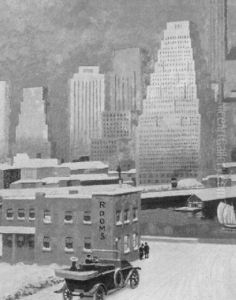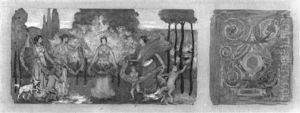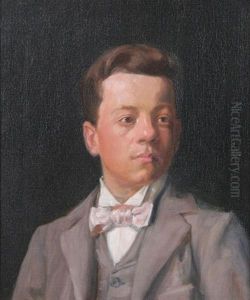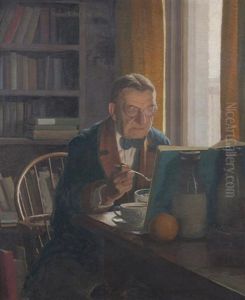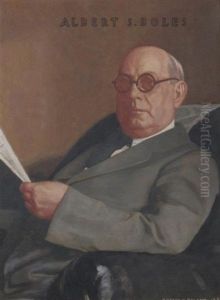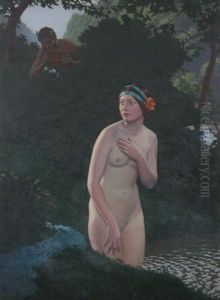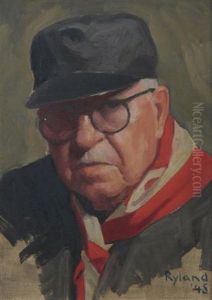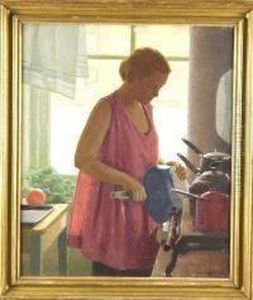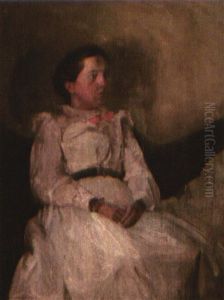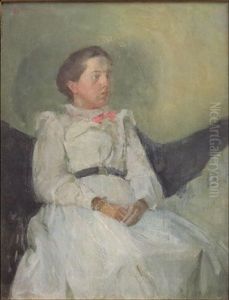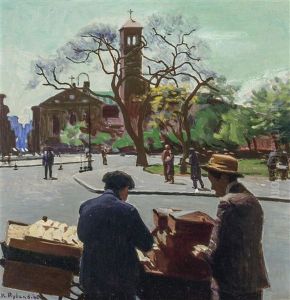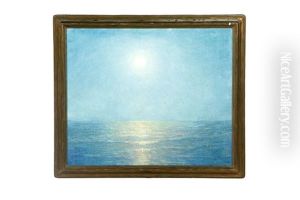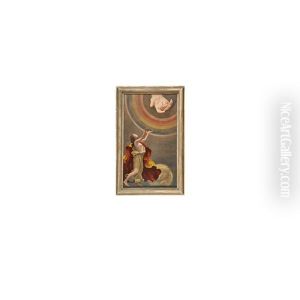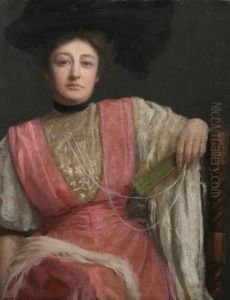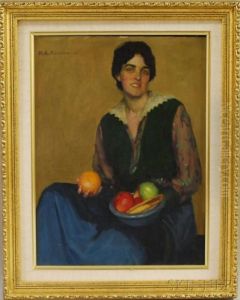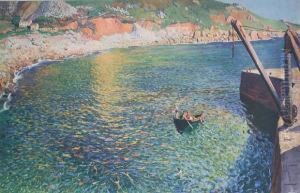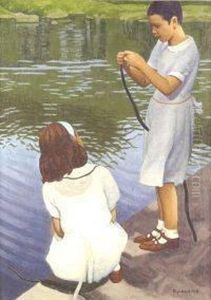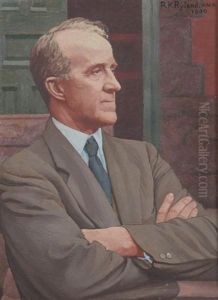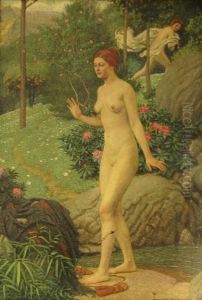Robert Knight Ryland Paintings
Robert Knight Ryland was not an artist in the traditional sense of painters or sculptors, but rather a significant figure in the educational and religious history of the United States, particularly in the state of Virginia. Born on January 20, 1805, in King and Queen County, Virginia, Ryland was deeply rooted in the Baptist tradition and is most renowned for his contributions to Baptist education and ministry.
Ryland was educated at Columbian College (now George Washington University) in Washington, D.C. After completing his studies, he became a Baptist minister and was later appointed as the first president of Richmond College (now the University of Richmond) in 1840, a position he held until 1866. His tenure at the college was marked by his dedication to the Baptist faith and education, and he played a pivotal role in developing the institution’s academic programs and infrastructure.
Aside from his educational work, Ryland was also known for his involvement in the religious life of the community. He was a staunch defender of Baptist principles and worked tirelessly to promote the denomination's growth in Virginia. During his time, he was also known for his complex views on slavery; he was a slaveholder who advocated for the religious instruction of slaves and their eventual emancipation, yet he did not actively support the abolitionist movement.
After retiring from Richmond College, Ryland continued to be active in religious and educational circles until his death on August 21, 1894. Though he is not remembered as an artist, his legacy lives on in the institutions he helped shape and in the history of Baptist education in the United States. Ryland's life and work offer a glimpse into the complexities of 19th-century America, especially in the context of religion, education, and the social issues of his time.

